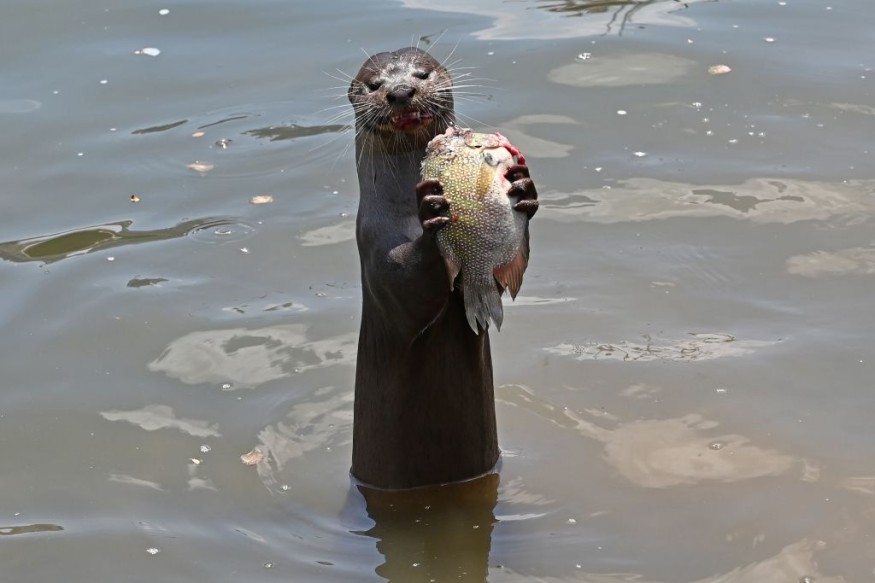Substances called PFAS or commonly known as "forever chemicals" have been detected in otters across England and Wales. A new study currently links pregnancy complications, liver disease, cancer and other illnesses to several otters' deaths.
These harmful substances have been contaminating the environment more widely as they leach out from products and get into drains and sewage. They are also in agricultural sludge, which can wash from fields into rivers. Factories and landfill sites are also common sources for the chemicals.
Concentrations of these toxic compounds in otters help scientists determine levels of pollution in the environment.
The forever chemicals are used to make products grease proof, water-proof, stick-proof, and stain-resistant. They are extremely persistent and lasts for thousands of years. Even people in America who have had themselves tested found PFAS in their blood.
CNN reported last year that Denmark just became the first country to ban PFAS 'forever chemicals' from food packaging.
PFAS: Cause of deaths?

A separate study for a long-term monitoring scheme called the Otter Project used science-based policy to protect watersheds and coastal oceans for the rapid recovery of the threatened California sea otter. According to the study, animals that had died between 2014-2019 all contained two types of restricted PFASs.
The team tested 50 otters that died between 2007-09 and detected PFASs in all of them as well. The findings published in ACS Publications showed that 80% of the animals had at least 12 different types of the chemicals in their livers.
Lead author Emily O'Rourke, a PhD student at Cardiff University, said that otters were a "sentinel" species, revealing "widespread environmental pollution" of British fresh waters. The research backed up a recent Environmental Audit Committee report confirming the presence of "chemical cocktail" of pollutants in rivers.
Although it is unclear whether the concentrations of chemicals found in the otters are high enough to cause the deaths, Ms O'Rourke said it was likely the toxic chemicals having a "sub-lethal" effect.
A call of action to the British government
PFASs remains in the environment "for years and years to come", when we are washing clothes, or just washing things down the drain. Our ancient sewage works are not designed to remove PFASs and these substances are retained in the sewage sludge.
Of the 5,000 and more types of chemicals now in use, Ms. O'Rourke believes they should have been regulated by class, rather than individually.
"Denmark recently banned their use in food-contact paper - like in fast-food packaging - and Britain needs to catch up. Now that we are not under the EU chemicals framework, we need to get our own chemicals strategy," Ms. O'Rourke explained in her interview in BBC News.
So far, some 27 NGOs have come together to set out the case for a UK Chemicals Strategy, which should include phasing out "all very persistent chemicals, including the whole PFAS family and other halogenated chemicals."
Although a series of voluntary industry initiatives has limited their use since 2000, according to the study, concentrations of PFASs are regularly recorded that are above the Environmental Quality Standards for water and fish in England.
The dead otters from across Britain serve as an important resource for understanding contamination and health more deeply so we will be saving lives in general.
© 2026 NatureWorldNews.com All rights reserved. Do not reproduce without permission.





